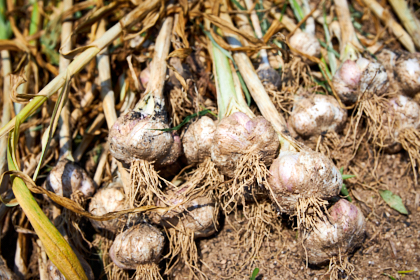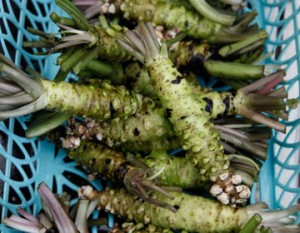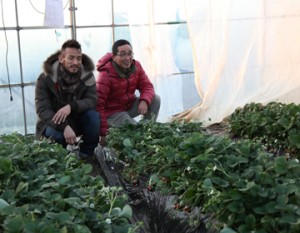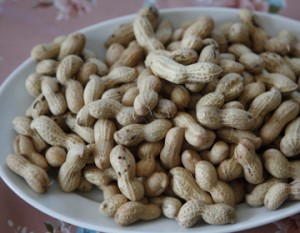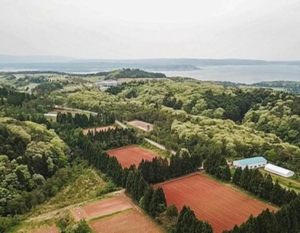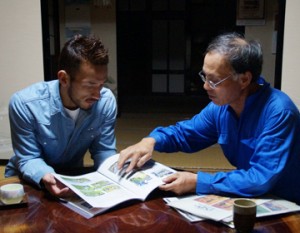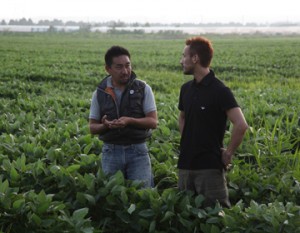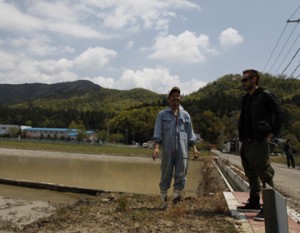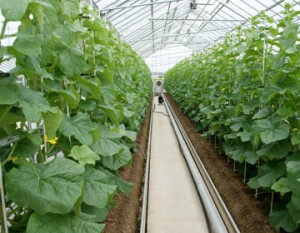Organic wild rice
Mr. Takedomi was a teacher for 23 years, first as a biology teacher at a high school then as a landscaping teacher. He resigned after becoming ill, and took on farming in 1991. Initially, he started a farm in Chiba as a way to spread circular farming in Asia, but he ended up at his childhood home in Kouhouku where his family balanced two different trades. This is where he began organic farming. At about the same time, he was invited to lead a newly formed group to study organic farming, and launched a research group of 12 local farmers.
“At first it was really tough because we couldn’t sell anything we grew.” In 1995, he started a company to sell organic rice that he bought from other farmers, and as sales slowly grew, he expanded the business nationwide.
The rice, the vegetables and the miso all taste translucent. It’s something that hits you as soon as you taste Mr. Takedomi’s produce, even without knowing how it’s grown or it’s nutritional value.
“Is the rice a wild rice?” (Nakata) “It’s a blend of different rice and grains including wild red rice, black rice, brown rice, millet, and sawa millet. Each has a distinct presence, so it becomes more flavorful as you chew.” (Mr. Takedomi)
He was introduced to wild rice in 1998. He had an opportunity to taste wild black rice, and became curious about the various colored rice in black, green and red. Studying how they were grown, he introduced the concept of blending the wild rice with regular rice. The idea caught on among consumers, and orders grew quickly. By 2010, he was selling his blend even in New York.

Slow Food protecting food culture and the environment
On his farm, he uses compost made from hay mixed with rice malt to fertilize his vegetables, completely avoiding the use of chemical fertilizer or pesticides. He is actively promoting methods to protect the ecosystem in the Ariake Sea, and food culture that fits into the local environment. He appeared in a PR pamphlet issued by the Ministry of Agriculture、Forestry and Fisheries in 2002, which featured his successful cultivation of 6 acres of organic green rice. The article also appeared on the internet, earning him recognition as a leader in slow food.
He was the first Japanese to be recognized by the Italian organization Slow Food International (established 1980 with more than 160 countries and projects as members), receiving the Slow Food Award.

What he wants to convey through agriculture
“Why don’t you come watch us make miso?” (Mr. Takedomi)
He escorted us to a warehouse that didn’t look anything like the miso warehouses we’ve visited so far. It was a small barrel in a room the size of a bedroom. It was reminiscent of the homemade miso that all households used to make, and gave off the simple aroma of childhood memories.
“We make our own miso, salt and soy sauce here. I’m serious about wanting to provide food that is safe and trustworthy for my children.”
Food made with sensibilities is truly delicious and probably healthy as well. This was evident in the smiling faces of those who seem to naturally gather around Mr. Takedomi’s farm.




